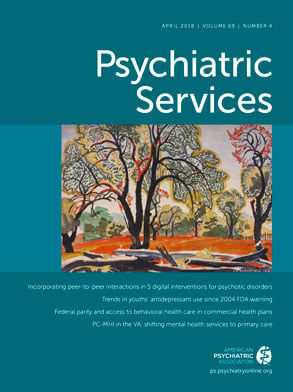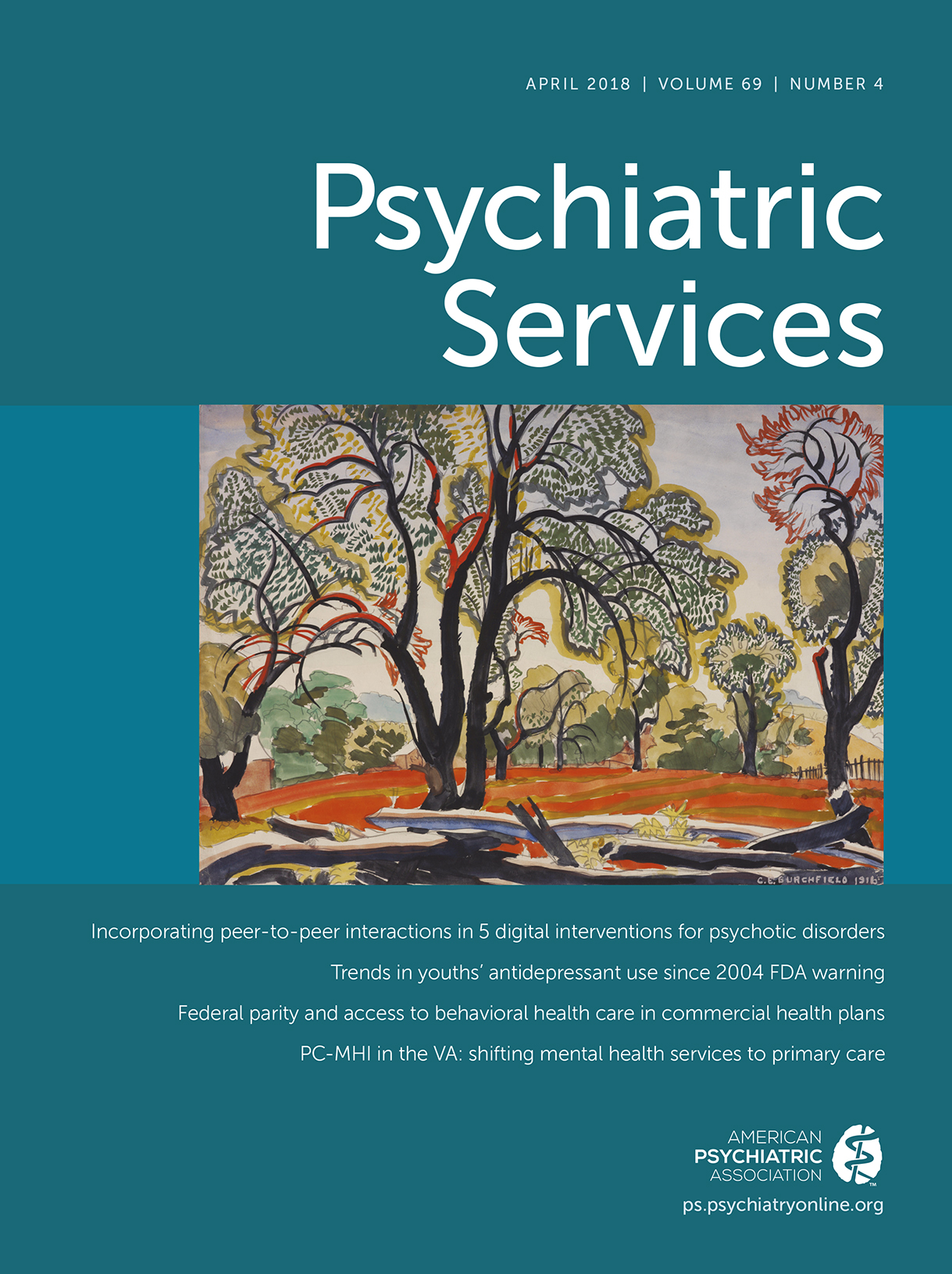This issue’s thought-provoking study titled “Family Decision Making and Self-Determination Among Consumers With Schizophrenia in China” highlights the crucial role of culture in consumers’ decision making about psychiatric treatment and participation in social life. This study highlights the complexity of the cross-cultural transfer of recovery concepts that have originated in Western settings—an issue of growing importance as developing countries adopt features of Western mental health systems. The concept of recovery, as advanced by the Substance Abuse and Mental Health Services Administration, emphasizes a process by which individuals strive to improve wellness and actively determine a unique path to achieve their life goals. This emphasis on autonomy, grounded in Western individualist conceptions of selfhood, may need reframing in the context of Chinese culture, where families retain primary decision-making authority regarding treatment when their relatives (and especially their children) become ill. In the Chen and colleagues study, it is striking that both consumers and family members agreed that consumers should have the least decision-making authority when engaging in activities that may best reflect individual autonomy from a Western perspective (specifically, choosing to participate in psychiatric treatment and managing one’s own finances). How is one to make sense of the concept of encouraging self-determination in recovery, a foundation of psychiatric rehabilitation in Western societies, in the context of Chinese culture, where the wishes of the “self” may be secondary (if considered at all) in relation to the family’s desires?
The key to understanding this dynamic may be found by considering how engagement of a consumer’s self-determination might best be framed within a cultural context and by asking whose goals the consumer seeks to fulfill in recovery. The authors allude to this dynamic in traditional Chinese groups in stating that consumers might feel a sense of autonomy when following a choice made by family members as long as consumers fully endorse this choice. This statement suggests a collaboration between relatives and consumers when their preferences for psychiatric treatment align. Yet a deepening of this statement might be drawn from Chinese ethnographies describing socialization in traditional Chinese groups and the child’s role in relation to the family. As we described in prior work, the wishes of children are not merely subordinated to those of the family; from a very young age, children are socialized to learn “morality” whereby parents and children are bound to provide for one another via an unending series of obligations to parents (“filial piety”). These filial obligations include caring for parents’ material well-being when they are living (providing food and money) and even after they die (via religious offerings to their spirits). Simultaneously, filial obligations include having offspring to perpetuate the lineage; these children are expected to provide financial support to their parents and to perform rituals over their lifetime to honor them (and their ancestors).
In China, people with schizophrenia are seen as individuals who have not properly formed morally and thus have not achieved full adulthood. This “nonadult” status would preclude consumers from engaging in the autonomous actions of choosing to participate in psychiatric treatment and managing their money. Furthermore, consumers are seen as incapable of carrying out the core obligations to parents and lineage that are so prized by the culture. From this perspective, recovery is not undertaken strictly for the consumer’s nor even the living family members’ goals; instead, through their everyday actions, these actors continuously seek to perpetuate and extend the immortal lineage, transcending the goals of any individual.
The Chinese example is instructive for applying the recovery concept to diverse groups in a culturally appropriate way. Although self-determination in psychiatric treatment can be actively engaged to promote recovery in cross-cultural populations, the purpose of one’s recovery may be geared less than in Western culture toward a self-directed striving to optimize individual goals. Instead, in family-oriented contexts, the goal of recovery might be strongly oriented toward fulfilling broader cultural directives in whatever ways a consumer is able, with adjustment to accommodate the consumer’s particular place in his or her recovery. Thus in the traditional Chinese context, the family’s (and culture’s) priorities should not be objectionable to clinicians, because the consumer’s goals are greatly shaped by them and are likely to be strongly held. Instead, it may be beneficial to encourage the consumer’s self-determination (and allowance by relatives for the consumer to exercise such autonomy) if the purpose of promoting autonomy is so that consumers can undertake core, culturally defined activities on behalf of themselves and their family. Being open to reframing recovery concepts with consideration to how best to frame encouragement of self-determination and to how families and consumers will benefit from the consumer’s recovery may shape the receptiveness to, and ultimately the utility of, these concepts to enhance recovery worldwide.

